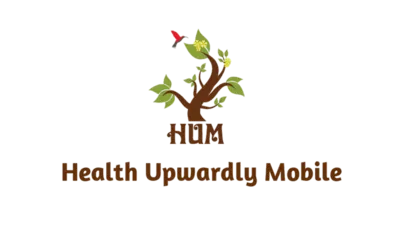By Paige Abbott, Registered Psychologist
The news is increasingly filled with stories of prescription drug abuse and overdose deaths caused by medications that are prescribed by physicians ((i.e., opioids, sedatives or tranquilizers, and stimulants). Canada is now ranked as the second largest per capita consumer of prescription opioids, with the United States being number one. The Canadian Centre for Substance Abuse (CCSA) is leading the charge in a 10 year action plan aimed at prevention, education, treatment, monitoring, surveillance and enforcement, which includes initiatives like ‘National Prescription Drug Drop-off Day’ in May each year as a way to safely remove and dispose of leftover prescription medications hanging around in the medicine cabinet. These are the medications that individuals, including youth, are using in increasing numbers for non-medical reasons.
In and of themselves, prescription medications can provide relief and benefit for those struggling from a medical condition. However, they also have the potential to be misused or abused, which is the challenge for healthcare providers. For healthcare providers, it is recommended that a thorough assessment be completed for all individuals, especially those who are on or will be taking prescription opioids, sedatives, tranquilizers, or stimulants. The assessment can cover family history, current substance use, mental health history and current symptoms, as well as overall physical, emotional, social, and spiritual information to determine if there is a vulnerability to substance abuse or Addiction. When prescription medication is provided, close monitoring is essential. This may mean more frequent pick-ups, providing long-acting vs. short-acting medications, doing regular blood work, and consulting with a physician who specializes in Addiction if you are unclear.
For those who are vulnerable to or have Addiction, a disease of ‘more’ where escape, reward, and relief are sought through any available means, this needs to be discussed with your healthcare provider. If preventative measures are not possible and you are already on medications that you are concerned about, it is important to find a healthcare provider who specializes in Addiction so the role of medications in your care can be re-evaluated. Healthy recovery action using a bio-psycho-social-spiritual framework can help with physical pain, which over time can lessen the need for high dosage medication or medication at all.
For parents who are concerned about their children, having open discussions about Addiction and family history is important, as well as disposing of leftover medication on a regular basis and keeping your personal medications in a safe place where they cannot be accessed by children or youth.
Resources:
Canadian Centre for Substance Abuse
PBS Article on Prescription Drug Use

